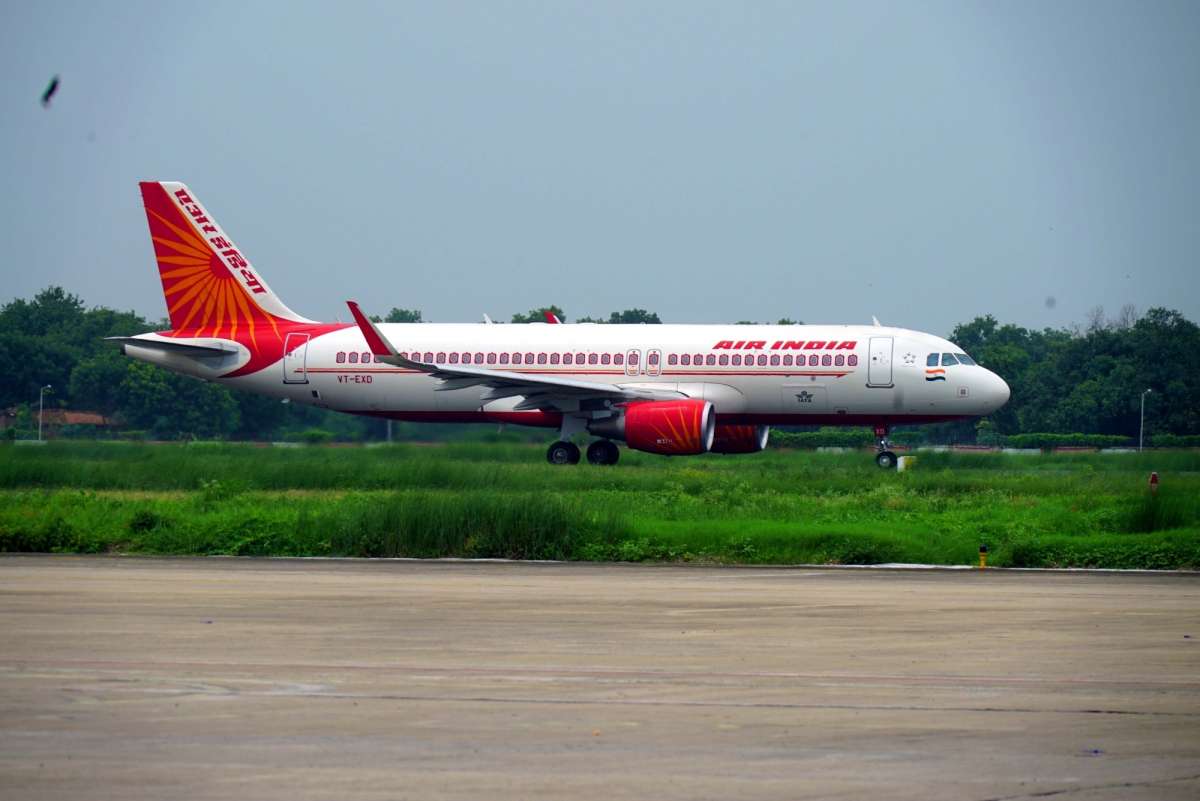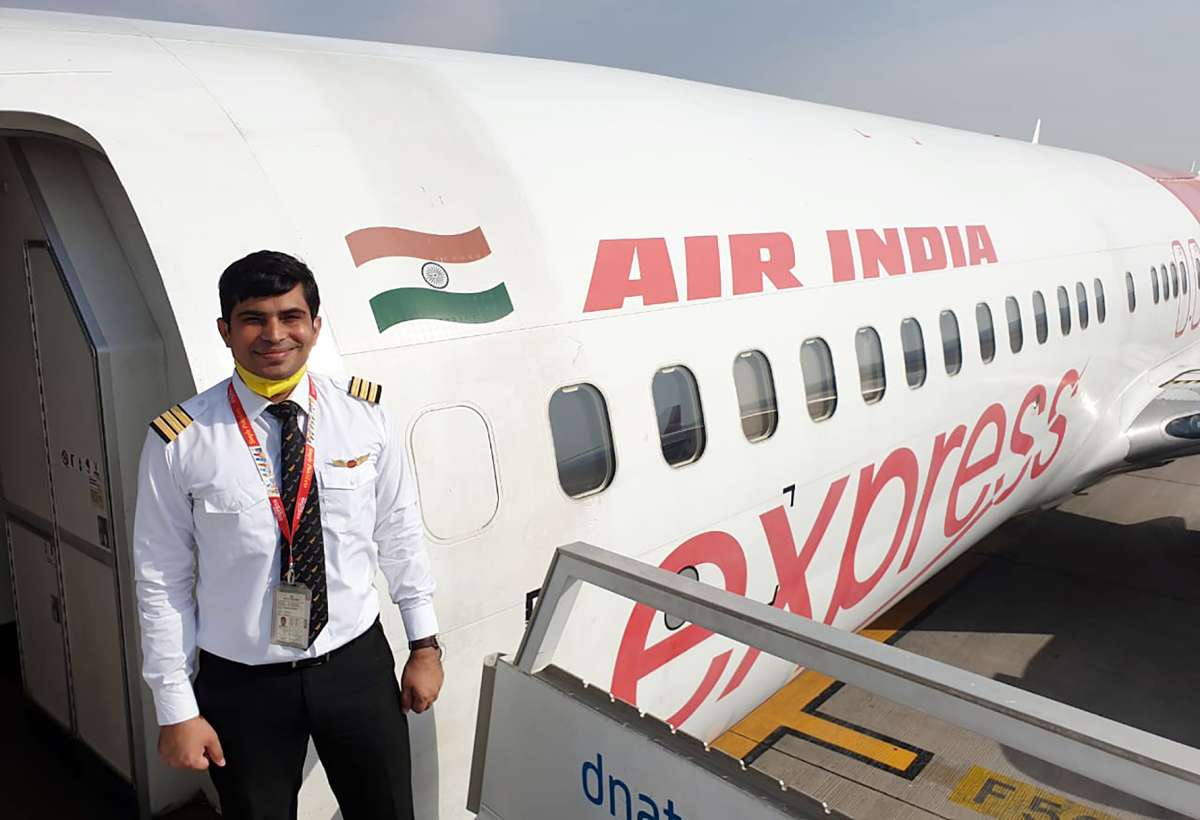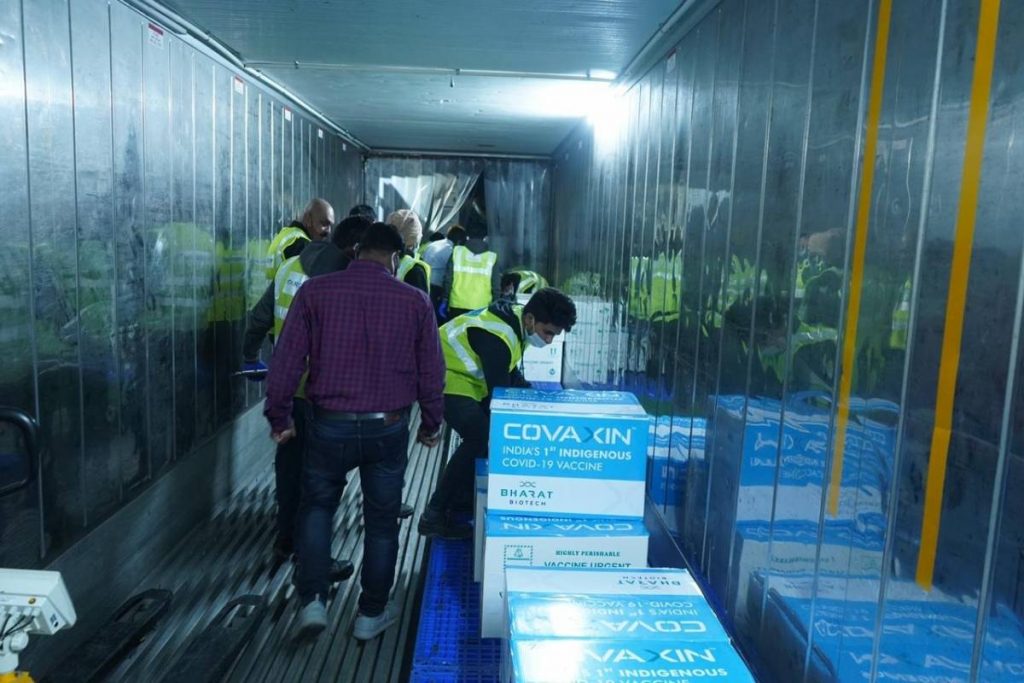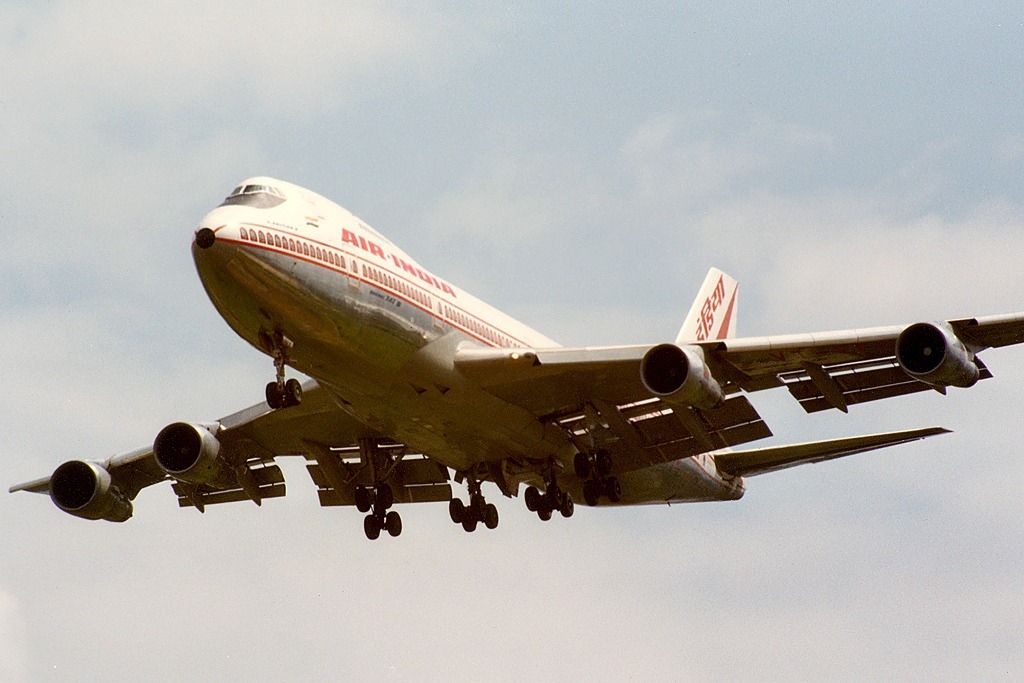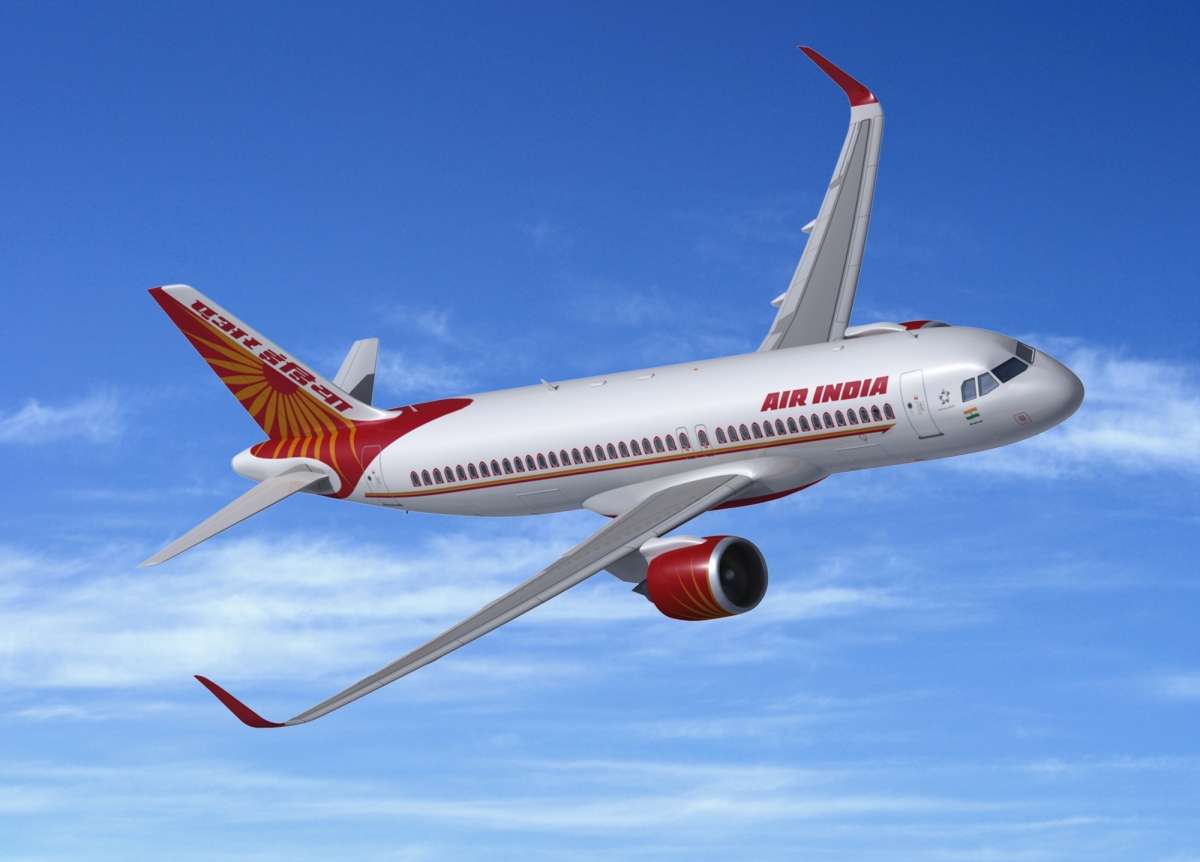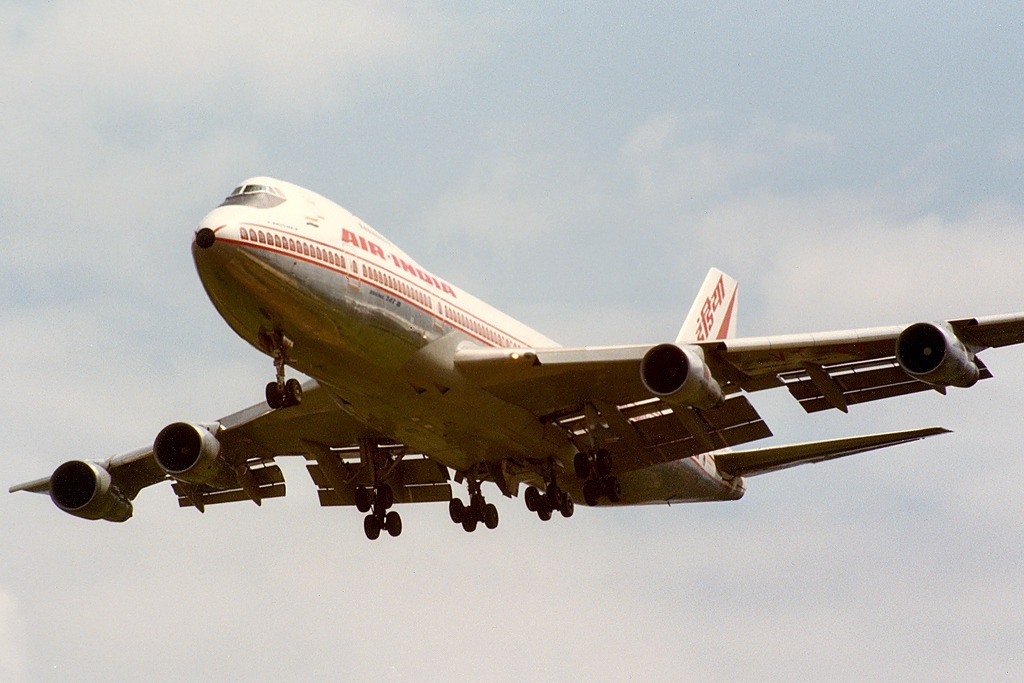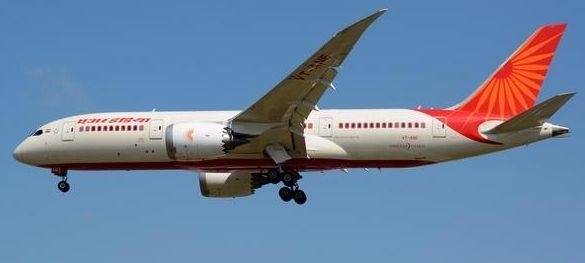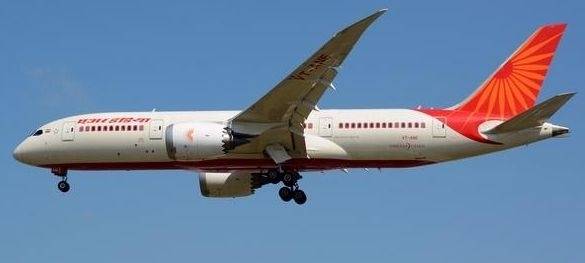The conclusion of phase one marked the beginning of ‘Take Off’, the second phase of transformation which is focused on developing the platforms, processes and systems needed to build toward excellence…reports Asian Lite News
Air India has concluded the first phase of its five-year transformation plan, Vihaan.AI.
The phase called ‘Taxi’, was focussed on addressing legacy issues of the flag carrier at scale and laying the foundation for future growth.
The conclusion marked the beginning of ‘Take Off’, the second phase of transformation which is focused on developing the platforms, processes and systems needed to build toward excellence.
Commenting on the conclusion of the ‘Taxi’ phase, Air India CEO Campbell Wilson said: “The first six months of our transformation journey has engaged and united Air Indians behind a common cause, and made great strides in tackling many issues that had built up over the years.
“During this ‘Taxi’ phase, we have also come a long way in establishing foundations for growth. Our record-setting aircraft order, the commitment of $400 million to completely refurbish existing aircraft, the investment of $200 million in new IT and the recruitment of literally thousands of staff are but a few of the significant investments being made to restore Air India to the upper echelons of global aviation.
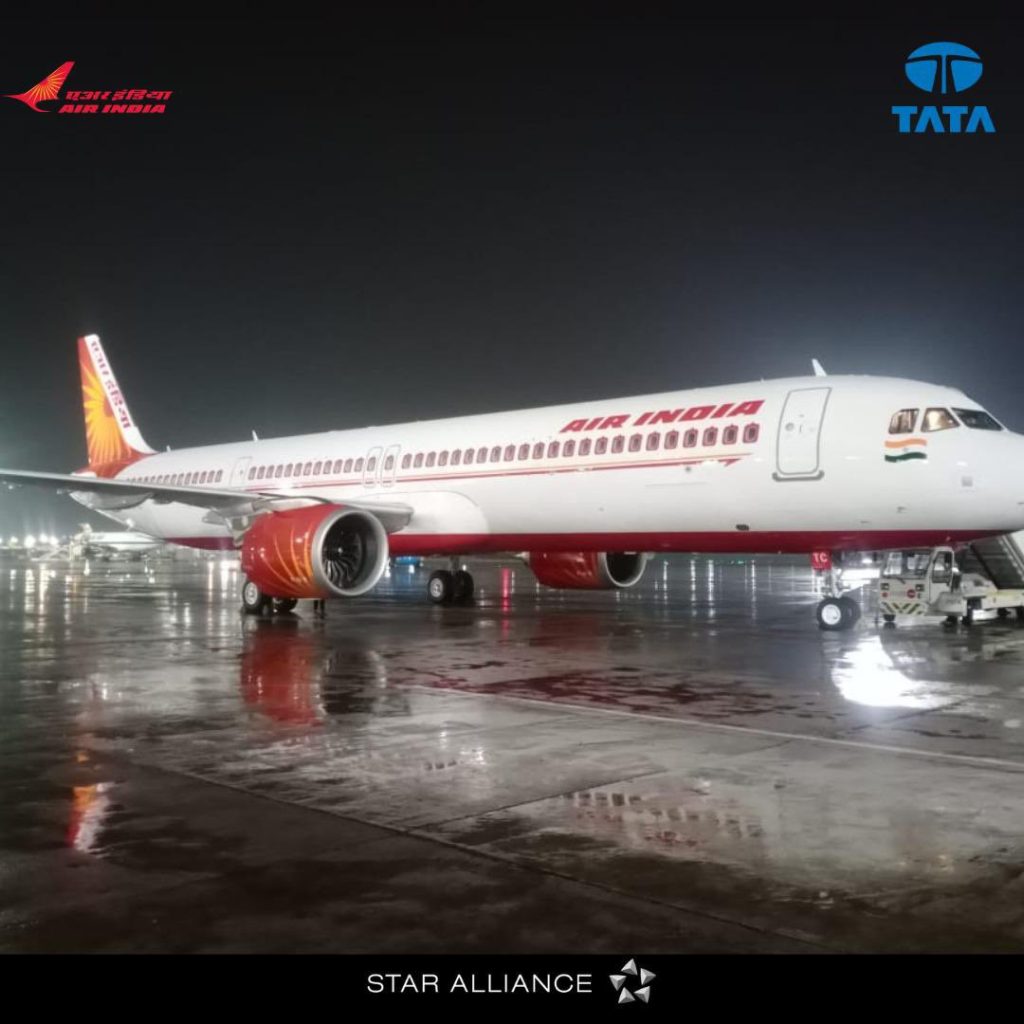
“As we move into our ‘Take Off’ phase, we will start seeing these investments bear fruit. All Air Indians are very grateful to partners and supporters as we continue this journey.”
Some of the significant achievements during the ‘Taxi’ phase included committing over $400 million for aircraft refurbishments; revamped menus on international and domestic routes; launching Premium Economy seats for the first time ever on select long-haul flights; among many other initiatives.
Besides, Air India also signed the industry’s largest-ever order for 470 aircraft and expedited fleet expansion with 36 leased planes, including 11 widebodies, being delivered in 2022-23.
On the digital front, $200 was being invested in upgrading IT systems which included implementing Salesforce for CRM integration and upgradation of SAP ERP system from obsolete mainframe to the cloud; upgradation of the website; employee self-service systems; learning management systems; safety management system; world-class rostering; and day-of-ops systems as also introducing iPads across the fleet to better empower crew and improve processes.
Meanwhile, the second ‘Take Off’ phase is focussed on building the right platforms and progress faster based on the momentum that has been established.
This phase will also witness the consolidation of the group airlines AirAsia India and Air India Express.
The development of a world-class training academy will also take shape as also the future direction and configuration of the airline’s line and base maintenance.
Vihaan.AI, which in Sanskrit signifies the dawn of a new era, has a detailed roadmap for Air India with clear milestones.
The plan is aimed at putting Air India on a path to sustained growth, profitability, and market leadership.

